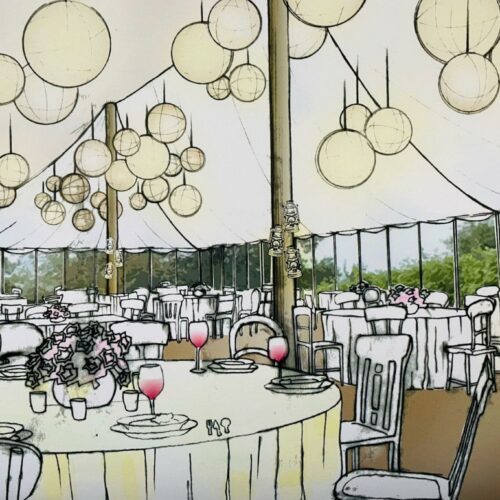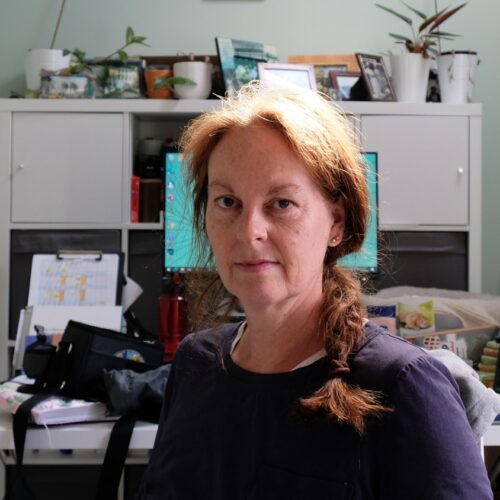
OCA MA Fine Art: Introducing tutor Les Bicknell
I’ve been working as a visiting tutor at OCA for a number of years but am about to take on a more formal role within the MA Fine Art course as Year one Course Tutor. OCA is a truly wonderful organisation, with great systems, brilliant people working within it, for myself it’s amazing to be a part of the future, today.
As an educator I’m interested in asking questions but also listening, I see myself as someone who makes connections and points stuff out, a conduit of sorts. This thinking is established in my ongoing blog which acts as a reflective tool, supporting my thinking and making process.
The work I make as a practising artist examines the inherent qualities that are embedded within book, a rigorous examination of the form enables me to create work using a wide range of materials, process and formats, the notion of book providing an anchor point.
The book is viewed as a tool with which to communicate content directly, it is a form that has been understood in these terms for many years. Redirecting the books purpose challenges this notion and enables an audience the space to re-think.
The practical aspects of the book form, of disseminating information; of making things clearer are explored and interrogated. The work I make is derived from examining the possibilities that emanate from exploring the essence of what book is; sequence, order, time, revelation, intimacy, control, narrative and communication – bookness. Working within this hybrid, interdisciplinary framework is where I position my practice.

The bookworks I make focus on exploring the idea of form as content and their manipulation provides the opportunity to create multiple narratives. This enables the opportunity for a reflective experience, making time to connection, look, listen, and consider, providing a collaboration in the mind and hand between maker and reader/viewer.
This way of thinking/making has recently manifest itself physically within a site specific public art project for Essex County Council. During my research whilst attempting to understand the process of the space becoming a place I found that the site has an intriguing history. Initially open farmland it went on to contain allotments, the Mercury Printing Press and was eventually the site of the former Essex County Council Libraries Headquarters and storage facility before its latest incarnation as a housing estate.
The proposed work, a series of large scale metal net-like tessellated structural interventions references this history. But my understanding of the structural patterns that underpin this work were developed in a yearlong residency at the Nanotechnology Doctorial Training Centre in Cambridge where I was able to view the structures that are the building blocks of the materiality that surrounds us. This happened whilst I was creating work that was conceived as tools for thinking, vehicles to enable meditation on ideas, a way to engage with the brain ‘side-on’.
Each activity is supported by an inquiring engagement with a wide range of stuff with each project and body of research going on to inform the next. To see more check out my website.
|
|







As a Creative Writing tutor I am intrigued by your use of the word “bookness” and of the word “book” without an article or possessive pronoun. And, indeed, as a poet I am concerned with the idea of “pageness” because, as many poets and teachers of writing poetry have pointed out, “page” is all you’ve got.
Too often in artists’ book exhibitions, I have been dismayed by the apparent destruction of content in order to make a new form. It seems to me that if “book’s” content is illegible or re-arranged in someway, then the initial “bookness” has become something else. If “book” had an author who wrote words, then whatever the illustrator, designer, printer, publisher, etc.might do, the author’s words must remain legible. But perhaps that is a naive view of “book’s” materiality.